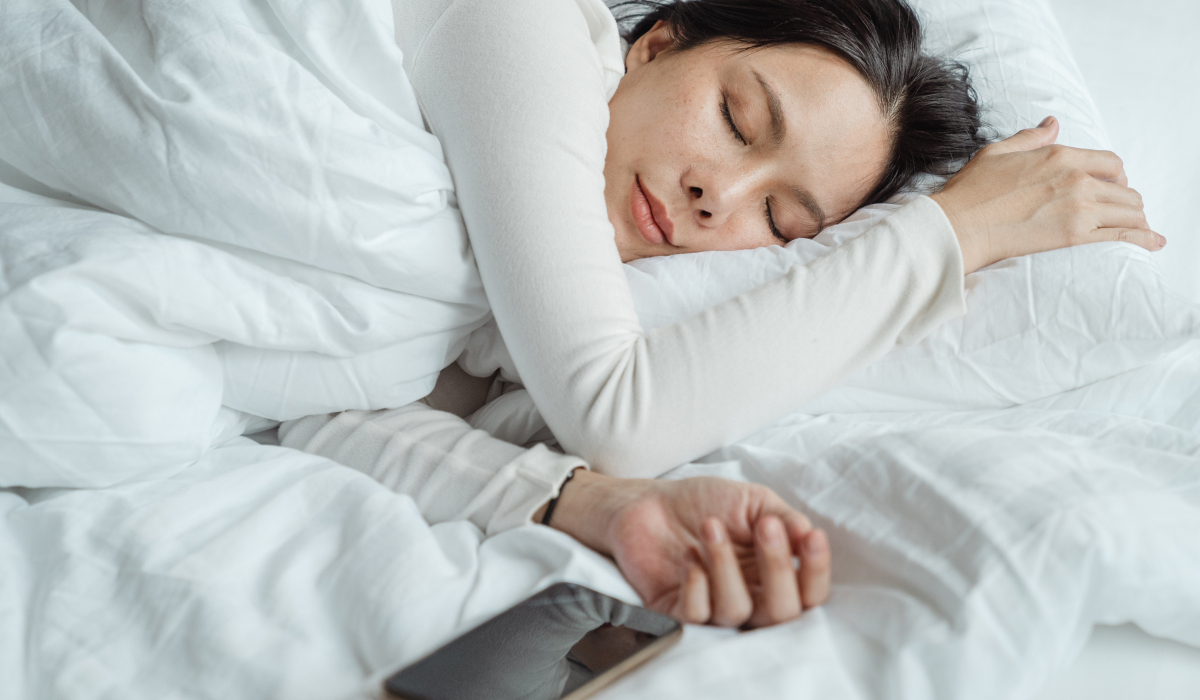We all know someone, near or far, who has battled breast cancer. Most of the time, we feel helpless in the face of it. We don't know what to do, what to say, or how to help, even if our hearts are in the right place. Working together to raise awareness about breast cancer can make a meaningful difference.
The situation
Breast cancer is the most common cancer in women. Every year, there are approximately 1.38 million new cases and nearly 500,000 deaths associated with it worldwide 1. Although breast cancer occurs more often in developed countries, most deaths occur in under-developed or developing countries 1,2.
How can we strive for early cancer detection3?
- Doing a breast self-examination
All women should know their breasts. This includes the breasts, nipples, armpit area, and clavicles. A self-exam includes observing the breasts and monitoring for changes in size or shape, bulging or dimpling of the skin, and redness or soreness. Next, feeling and palpating the breast can help identify any new lumps. Any abnormal changes should be reported to a healthcare professional, although a change does not necessarily mean that it is cancer. - Clinical breast examination by a healthcare professional
It’s strongly recommended that women see a healthcare professional every year for a manual breast examination. Although most abnormalities are identified by women themselves, sometimes changes can be very difficult to observe, so a professional examination can be extremely valuable.
During breast self-examination or clinical breast examination, there should be a change in breast shape, firm or thickened areas in one breast, differences in skin colour, temperature or texture, rash, swelling or visible lumps, nipple discharge, change in nipple shape4. - Find out if mammography is right for you
Mammography is the most effective way to detect breast cancer 5. Some individuals may not show breast cancer symptoms. In that case, screening can be an option and can help detect cancer before symptoms arise. However, mammograms have their pros and cons based on age and risk factors. Check with your doctor to learn if it’s right for you.
How can we reduce the risk of getting breast cancer?
For most health problems, there are non-modifiable and modifiable risk factors. Non-modifiable risk factors are those that you can't do anything about, such as genes. For modifiable risk factors, it is possible to take action! For example, to reduce the risk of breast cancer, you can :
- Reduce alcohol consumption: Even low alcohol consumption increases the risk. The risk increases the more you drink.2
- Weight management: Following menopause, obesity increases the risk of breast cancer. Since fatty tissue produces estrogen, the more fatty tissue there is, the more likely it is to increase estrogen levels. Estrogen is a hormone known to play a role in the development of breast cancer.2
- Sedentary lifestyle: Physical inactivity increases the risk of developing breast cancer.2 It is therefore important to exercise!
- Smoking and second-hand smoke: Active smoking increases the risk of breast cancer in all women. As for second-hand smoke, there is a link in young premenopausal women who have never smoked. That said, more research is needed to better understand the links between smoking and breast cancer.
Whether it's for your partner, your friend, your sister, your mother, your aunt, your cousin, your colleague, yourself, or simply for solidarity, you can raise awareness by sharing valuable information about detection and prevention. It can save lives!
Resources
- https://www.who.int/cancer/events/breast_cancer_month/en/
- https://www.cancer.ca/fr-ca/cancer-information/cancer-type/breast/risks/?region=qc
- https://www.cancer.ca/fr-ca/prevention-and-screening/reduce-cancer-risk/find-cancer-early/know-your-body/know-your-breasts/?region=on
- https://www.cancer.ca/fr-ca/cancer-information/diagnosis-and-treatment/tests-and-procedures/clinical-breast-exam/?region=qc
- http://www.depistagesein.ca/moyen-de-depistage-2/#.YImxHhNKjyg





 Canada (EN)
Canada (EN)
 Global (EN)
Global (EN)








